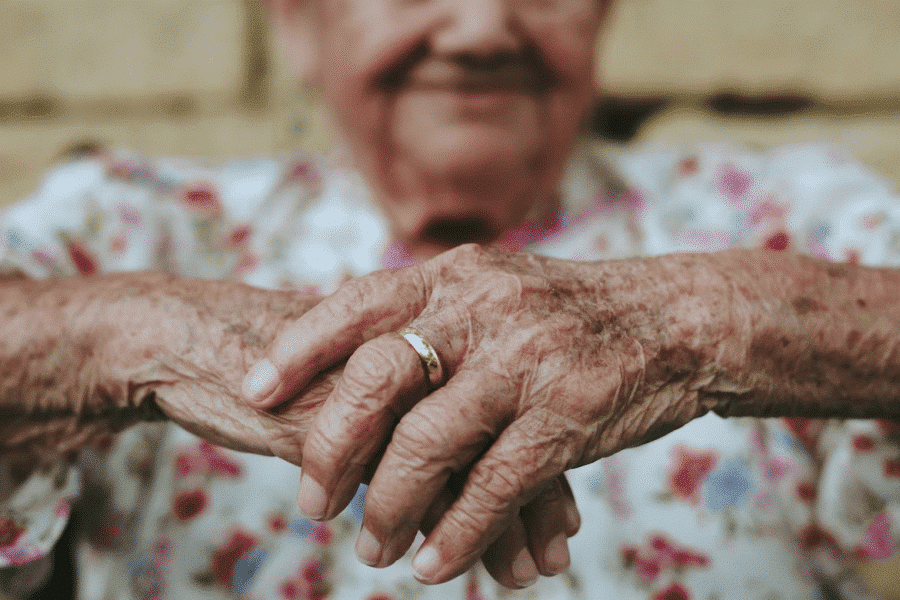As the population ages, it is becoming increasingly important to provide quality care for our elderly loved ones. While there are many factors that contribute to the overall quality of care for the elderly, one of the most important is empathy. Empathy is the ability to understand and share the feelings of another person, and it is crucial in providing compassionate care for the elderly.
In this article, we will explore the importance of empathy in elderly care and provide tips for caregivers on how to cultivate empathy in their interactions with older adults.
Understanding Empathy and Its Role in Elderly Care
Empathy is the ability to understand and share the feelings of another person. In elderly care, empathy is critical because it allows caregivers to connect with their patients on a deeper level. By understanding the emotions and experiences of older adults, caregivers can provide more compassionate and effective care.
Empathy can also help caregivers anticipate the needs of their patients, which can lead to better outcomes. For example, if a caregiver is attuned to the emotional needs of an elderly person, they may be able to identify signs of depression or anxiety and take steps to address these issues before they escalate.
Empathy and Communication with Elderly Persons
Effective communication is a crucial component of empathy in elderly care. Caregivers must be able to communicate clearly and effectively with their patients, and they must also be able to listen actively.
When communicating with older adults, it is important to use simple and clear language, as well as nonverbal cues such as eye contact and facial expressions. This can help older adults feel more comfortable and engaged in conversations.
The Importance of Active Listening in Elderly Care
Active listening is a critical component of empathy in elderly care. When caregivers actively listen to their patients, they demonstrate that they are interested in their needs and concerns. This can help build trust and rapport between the caregiver and the older adult.
Active listening involves more than just hearing the words that are spoken. Caregivers must also pay attention to nonverbal cues, such as body language and tone of voice. They must also be able to reflect back what they have heard, to ensure that they have understood their patients' needs and concerns.
The Benefits of Empathetic Care for Older Adults
Empathetic care has numerous benefits for older adults. When caregivers are empathetic, they are more likely to:
- Build trust and rapport with their patients
- Anticipate the needs of their patients
- Provide personalized care
- Address emotional and psychological needs
- Improve overall quality of life
Barriers to Empathy in Elderly Care
There are several barriers to empathy in elderly care, including:
- Burnout and stress among caregivers
- Lack of training on how to cultivate empathy
- Language barriers or cultural differences
- Negative stereotypes about older adults
Overcoming these barriers requires a concerted effort from caregivers, healthcare organizations, and society as a whole.
How to Cultivate Empathy in Elderly Caregiving
There are several steps caregivers can take to cultivate empathy in their interactions with older adults:
- Practice active listening
- Use simple and clear language
- Pay attention to nonverbal cues
- Take the time to understand patients' needs and concerns
- Address emotional and psychological needs
It is also important for healthcare organizations to provide training and support for caregivers on how to cultivate empathy. This can include workshops, mentorship programs, and resources for managing stress and burnout.
In conclusion, empathy is a crucial aspect of elderly care that cannot be overlooked. It is a skill that enables caregivers to understand and connect with their patients on a deeper level, which can lead to better outcomes and improved quality of life for older adults. As the population continues to age, the need for empathetic and personalized care is becoming increasingly important. Valley Senior Advisors is a senior placement agency that specializes in helping seniors find the right care options, such as assisted living and memory care. They understand the importance of empathy in elderly care and work tirelessly to help their clients find caregivers who are equipped with the necessary skills to provide compassionate care.

Isreal olabanji a dental assistant and public health professionals and has years of experience in assisting the dentist with all sorts of dental issues.
We regularly post timely and trustworthy medical information and news on Fitness, Dental care, Recipes, Child health, obstetrics, and more.
The content is intended to augment, not replace, information provided by your clinician. It is not intended nor implied to be a substitute for professional medical advice. Reading this information does not create or replace a doctor-patient relationship or consultation. If required, please contact your doctor or other health care provider to assist you to interpret any of this information, or in applying the information to your individual needs.





